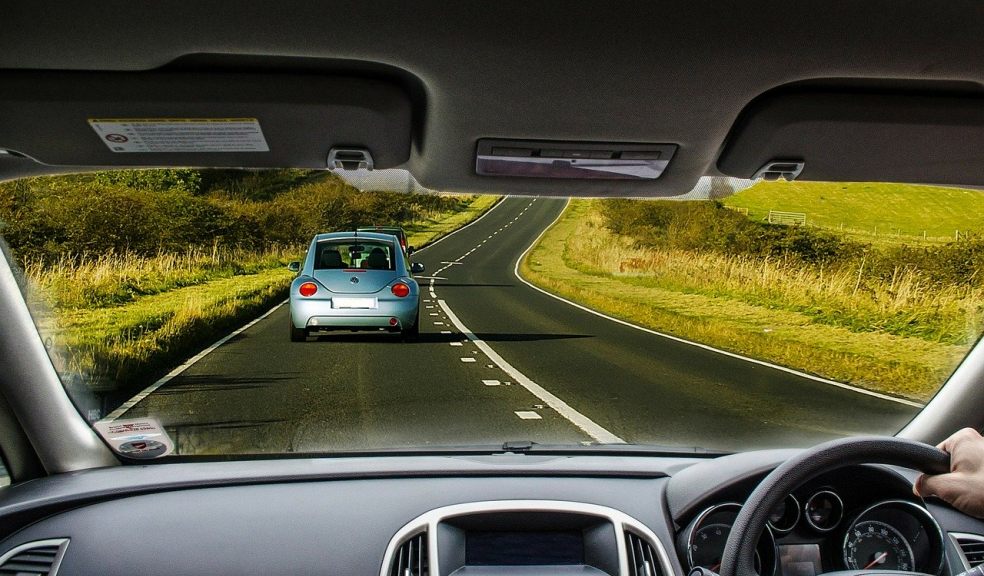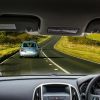
Dash cams – What are the pros and cons?
- What is a dash cam?
Dash cam stands for Dashboard Camera and is an in-car camera that records and films whilst you drive. So many people have dash cams now but what are the advantages of having one or does it just distract the driver? Show plates express, a UK leader in providing number plates (see here: https://www.showplatesexpress.com/number-plates-maker/) explains in more detail the pros and cons.
Advantages of dash cams
- Dash cams can provide an important record of bad driving both before and during a traffic collision – many insurance companies will now accept dash cam evidence in the event of a car accident which might explain why dash cam ownership is recorded at 15% of the UK motoring population
- Some dash cams have a special parking mode which will alert the camera via sensors to start recording when it detects that a collision is imminent – this can be useful in those scenarios where your wing mirror is damaged or someone shunts your car whilst they are parking and you are absent from the vehicle
- Some dash cams have a GPS tracker which is a useful way for recovery and emergency services to find you in a remote location
- Dash cam footage can be useful in prosecuting crash for cash frauds
- Unlike a black box which can also record your driving habits, a dash cam provides a visual record. It is likely that a combination of both dash cam and black box technology will be used in future to assess driving behaviour possibly opening the door to lower insurance premiums
The different types of dash cam
There are different types of dash cam designed to suit different driver needs:-
- Front view dash cam – these record continuously capturing the road ahead and the behaviour of the traffic in front of you. These cameras show the front view only and do not record anything that happens to the side and back of the vehicle
- Front and rear dash cams – these record to the front and the rear and can be very useful in picking up aggressive driving behind you or dangerous manoeuvres like overtaking or tailgating. Most road accidents according to the statistics involve rear-end collisions at low speed so it could be well worth investing in a front and rear camera to afford yourself the maximum protection
- Cabin view cameras – these are used in car service vehicles like minibuses and coaches, taxis and also in horseboxes to keep an eye on the occupants
Many of the advanced cams come with GPS which can be useful to assess vehicle speed and some also have accelerometers which can sense a crash and preserve the footage automatically just before the point of impact. Every dash cam will start as soon as it receives power so when the ignition is turned on – it is up to the driver to review and keep any footage which is of value. Some dash cams have LCD screens so you can review the footage without having to download the data from the memory card into your computer.
Capacity is important as when the camera runs out of space, it will just overwrite the existing footage which can be annoying if you are looking for some data from a few days earlier. You just have to remember to save and download any important data as soon as an event, accident or incident occurs.
The disadvantages of a using a dash cam
The main drawbacks are the cost of the initial purchase and the security risk they pose as they are sometimes the subject of theft; they are quite desirable and easy to steal. This could be counterbalanced by the benefit you receive from them however and this is a matter of judgement for each individual motorist bearing in mind the context of their daily driving schedule.
Dash cams are yet to attract a discount from motor insurance companies on policy premiums although some drivers do feel that they offer their own type of insurance value, acting as a safety net for an accident in which they are involved and which was not their fault. But compelling dash cam footage does not automatically give you the green light in the event of an accident or incident; it is just one of the elements an insurance company will take into account when assessing a claim.
Some drivers only fit dash cams after they have been involved in an accident or event where a camera could have helped protect them or prove what happened.
Are the presence of dash cams a deterrent to other motorists?
A sticker which says, “Smile, you are on camera”, do they really act as an instigator of good driving behaviour amongst other motorists? It’s a moot point. Some people might think twice if they realise heir misdemeanour is going to be captured on film but not all cars have stickers or emblems advertising the presence of a camera. Some people want to have a camera symbol on their number plate but this is not currently permitted.
Could dash cams be an educational tool for new drivers?
Dash cams could possibly be used to help educate young and returning drivers providing information about how they behave behind the wheel which can be used to inform their driving behaviour going forward. So cameras could help you review and change poor driving habits.
Most motorists feel that for a relatively modest outlay, a dash cam can help protect them in the event of an accident and protect their car in some cases when it is parked and they are not in it.
What is the legal position with regard to the use of dash cams?
Dash cams are perfectly legal on UK roads, however, you may be breaking the law if you install the camera in the wrong place. A dash cam is not allowed to obstruct your field of vision whilst you drive so if you position it in the wrong place, you could find yourself in trouble with the police. Rather than being interested in your camera footage after an accident, they may be more interested in where you have sited the camera instead. There is plenty of online information about how to place a dash cam correctly and legally in a vehicle as well as the best types to buy.

















